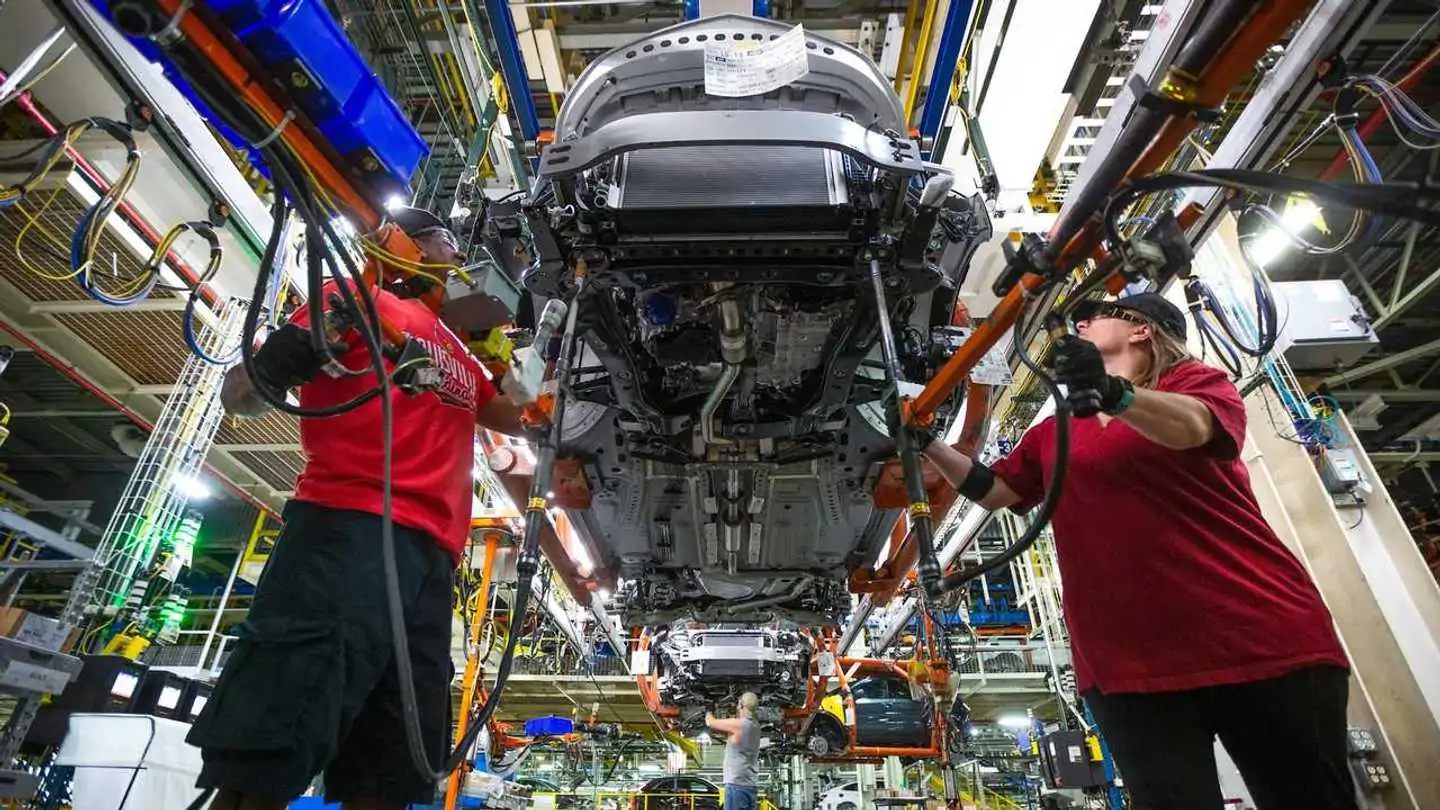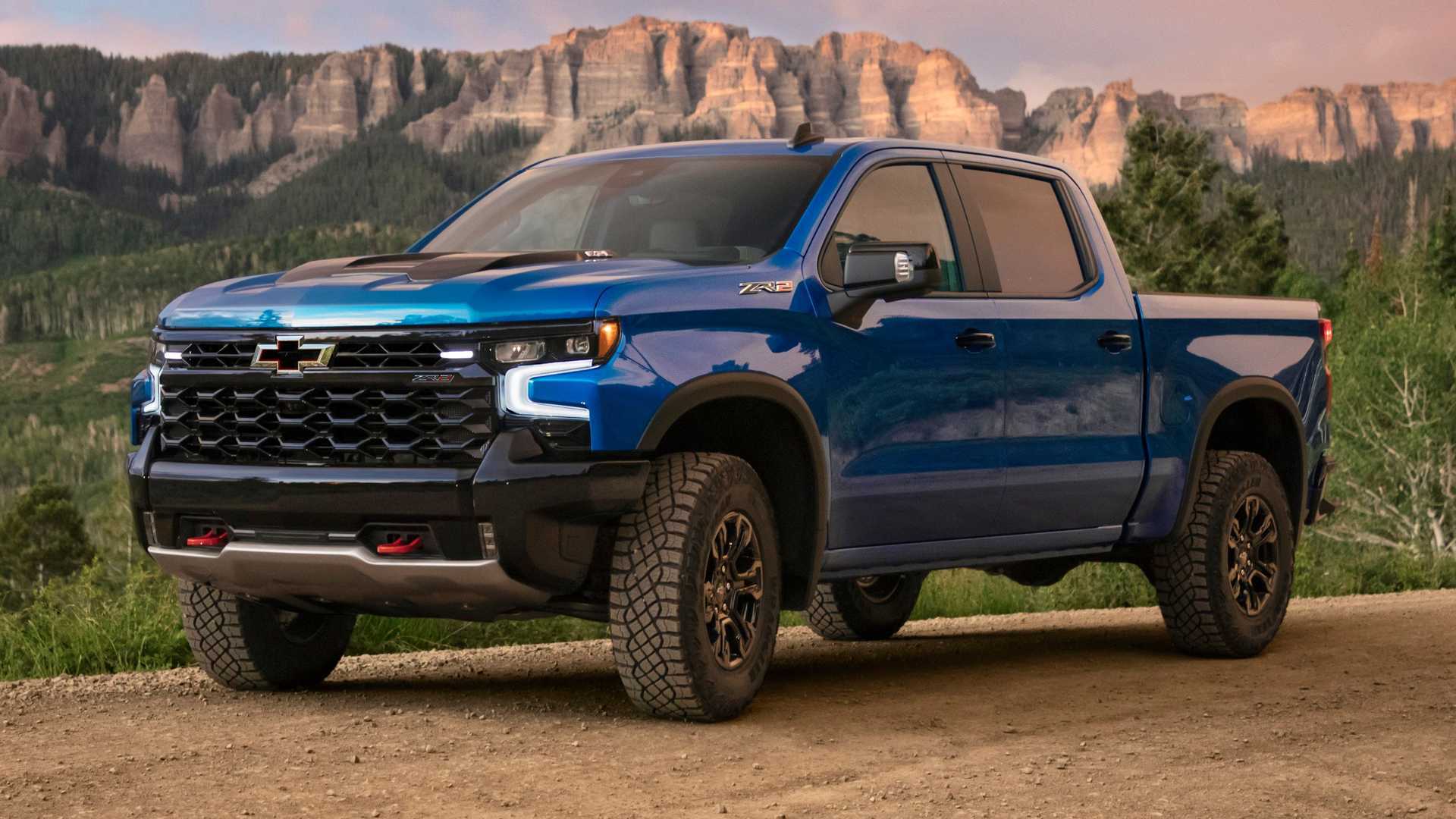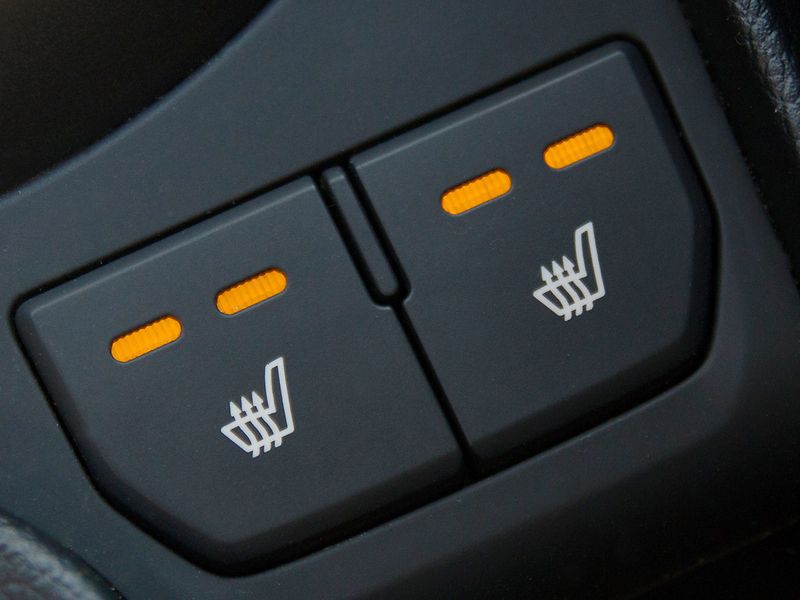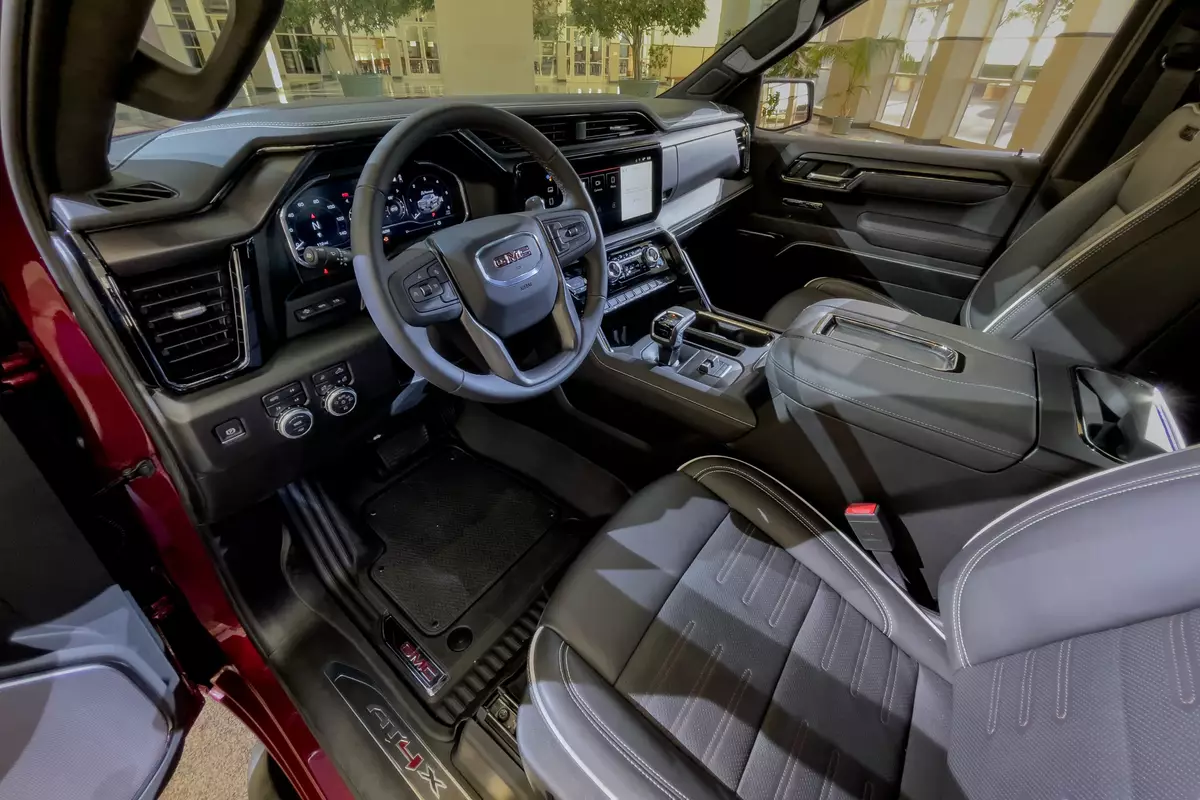
GM previously stated that the feature could not be added after assembly.
A notification was sent to Buick, Cadillac and Chevrolet dealers in November stating that certain models would not be available with heated or ventilated seating for the 2022 model-year due to the continuing semiconductor shortage. There is good news: automakers are able to retrofit the affected features. According to Automotive News, this update could occur as early as mid-2022.

We have confirmed with our US dealers that all vehicles that were temporarily removed from the announcement regarding heated and ventilated seating will be eligible to undergo a retrofit process which will activate the heating and ventilation of the seats. General Motors will pay for retrofitting each vehicle,” GM stated in a statement to Automotive News.
This update is a significant improvement on the initial statement to dealers. An earlier information stated that retrofits were not possible. These models were instead being built by factories without the required heating equipment. This was to continue for the entire model year 2022.

In order to soothe customers who were upset, originally there was going to be $500 credit for the affected models. Automotive News reports that retrofits are now possible and the incentive has been reduced to $50. This modification does not apply to heated steering wheels. Products that need this feature will receive a $150 discount.
The following vehicles are affected by the lack of heated seat chips: Buick Enclave Encore GX, Envision, Cadillac XT4, XT5, XT6 and Chevrolet Blazer. This situation also affects only the rear seat heaters of the Buick Enclave Avenir and Cadillac XT5 Sport, Cadillac XT6 Sport and Chevy Traverse High Country.

GM faces many challenges due to the chip shortage. The chip shortage has made it difficult for GM to make pickups with the 5.3-liter V8 engine. The Super Cruise advanced driving assistance system is currently unavailable for the 2022 Cadillac Escalade.
According to the CEO of Daimler, the chip shortage could continue through 2022 and then ease in 2023. BMW’s boss is more optimistic and predicts that the situation will end by mid or late 2022.